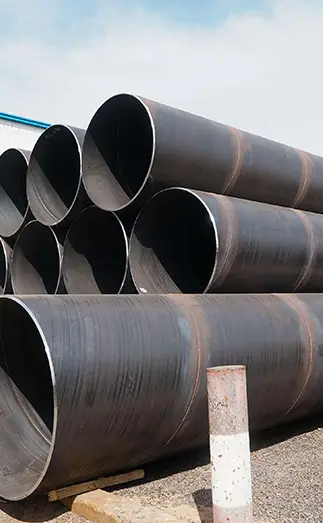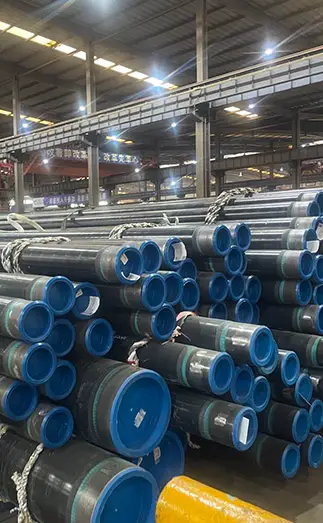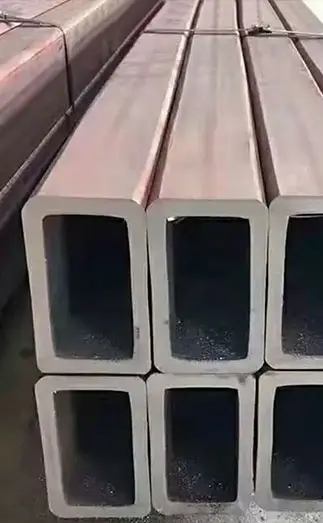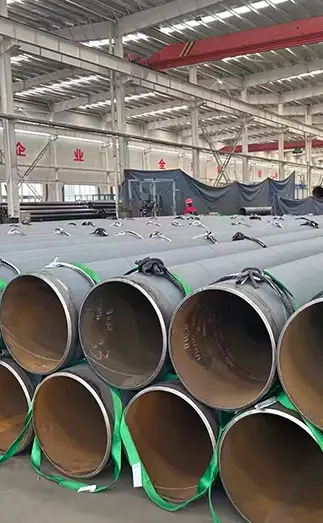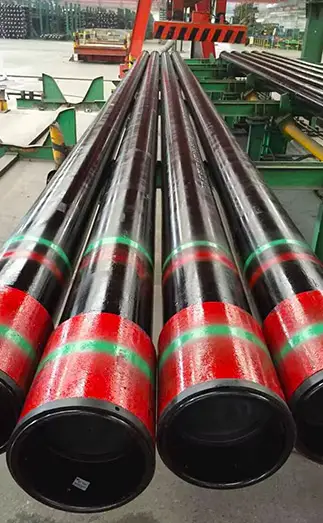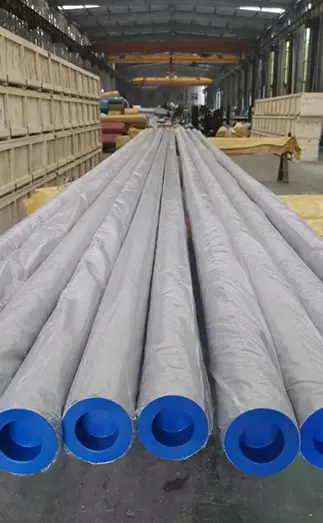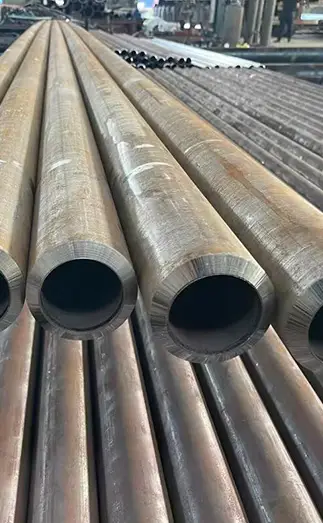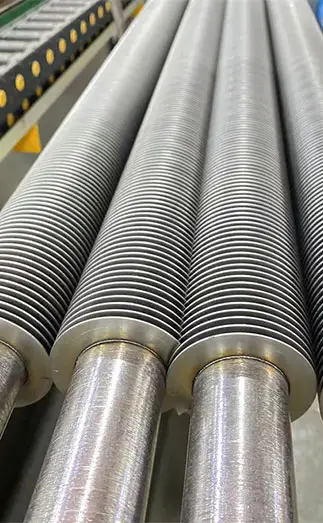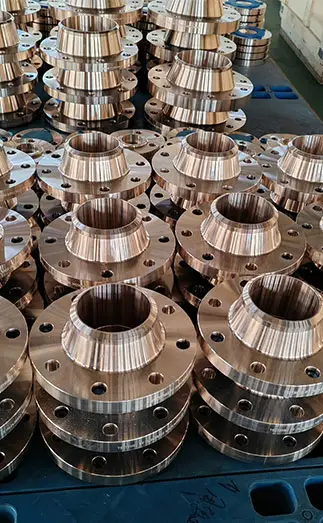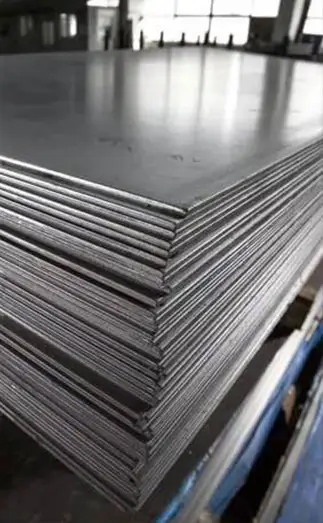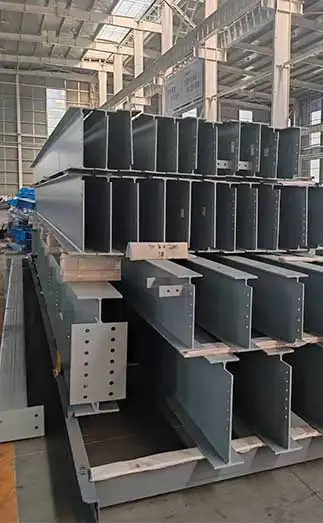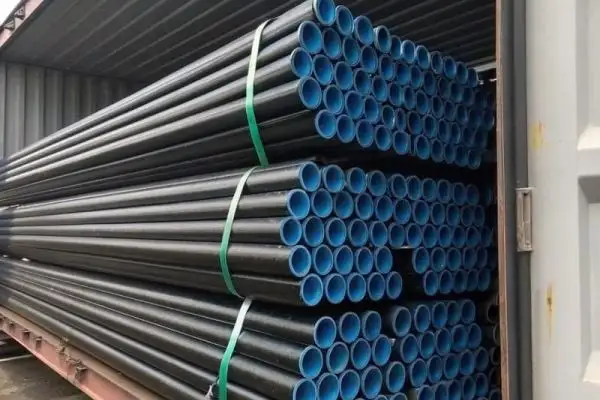Boiler tube blockage is a critical issue that affects heating efficiency, equipment longevity, and operational safety. When boiler tubes are clogged, hot water or steam cannot circulate properly, leading to insufficient heating. This causes discomfort for building occupants—especially in winter—and results in energy waste.
Operationally, clogged boiler tubes create uneven internal pressure. This puts stress on system components, increasing the risk of deformation, cracking, or failure. The result? Expensive repairs, extended downtime, and potential loss of production.
Most importantly, a blocked boiler tube compromises safety. Reduced heat exchange efficiency leads to incomplete fuel combustion, potentially releasing hazardous gases like carbon monoxide. In extreme cases, this can lead to poisoning or even boiler explosions.
Timely boiler tube cleaning is essential to maintain heating performance, equipment reliability, and workplace safety.
Super Steel Manufacturing Co.,Ltd is professional boiler pipe manufacturer, for more details, please contact:sales@super-steels.com
Common Causes of Boiler Tube Clogging
1. Poor Water Quality in the Boiler System
Low-quality water is a major contributor to scale formation inside boiler tubes. Minerals such as calcium and magnesium cause hard water scaling, narrowing the tube’s internal diameter and eventually resulting in blockage.
Other impurities like rust, sludge, microorganisms, and oil residue also deposit on the tube walls. Without proper water treatment, these buildups lead to severe boiler circulation issues.
2. Impure or Low-Grade Fuel
Fuel that contains high levels of ash or sediment can clog boiler tubes after combustion. Biomass fuels, for instance, release unburned carbon and mineral ash, which travel with flue gas and settle inside tubes. Sticky byproducts from incomplete combustion further accelerate clogging.
3. Aging and Corroded Boiler Equipment
Over time, exposure to high temperatures and pressure can cause boiler tube corrosion and thinning. This reduces the flow area, increasing the chance of clogs. Older boilers also have lower tolerance for impurities, meaning even small blockages can have a big impact.
4. Improper Boiler Operation and Maintenance
Neglecting routine boiler cleaning or using incorrect cleaning tools can result in residue buildup. Abrasive tools may damage the tube’s interior, making it easier for dirt and scale to accumulate. Sudden startup or shutdowns can also cause rapid pressure/temperature changes, disturbing sediments that block the tubes.
How to Clean Boiler Tubes: Mechanical Dredging Method
One of the most efficient methods to remove boiler tube blockages is mechanical cleaning using a boiler tube cleaning machine. This equipment uses a flexible shaft and rotating cutter head to break down and remove hardened deposits.
Mechanical Cleaning Steps:
Choose a cleaning machine and cutter head based on the tube diameter and clogging severity.
Insert the flexible shaft into the clogged tube.
Start the machine; the cutter head rotates at high speed, breaking the dirt into small pieces.
Use compressed air or water to flush out the debris.
This method is fast, safe, and effective for removing scale, ash, and sludge inside fire-tube or water-tube boilers.
Important Safety Tips for Cleaning Clogged Boiler Tubes
1. Always Prioritize Safety
Before cleaning, power off the boiler and drain any water to avoid electric shock or burns. Wear appropriate protective gear and confirm the system is safe for maintenance.
2. Follow the Boiler Manufacturer’s Manual
Refer to your boiler user manual for cleaning procedures, pressure ratings, and safety warnings. Every boiler model is different; following official guidelines ensures proper operation and avoids damage.
3. Schedule Regular Boiler Maintenance
Preventive maintenance is the best way to avoid boiler clogging problems. Clean tubes at regular intervals, inspect for corrosion or wear, and treat water properly. This improves system efficiency, reduces repair costs, and extends boiler lifespan.
Final Thoughts: Don’t Delay Boiler Tube Cleaning
A clogged boiler tube can cause:
Uneven heating
Reduced energy efficiency
Expensive downtime
Safety hazards including gas leaks
By understanding the causes of boiler tube clogging, using proper cleaning methods, and following safety guidelines, you can prevent serious system failures and ensure reliable boiler performance year-round.



 English
English Español
Español Français
Français بالعربية
بالعربية